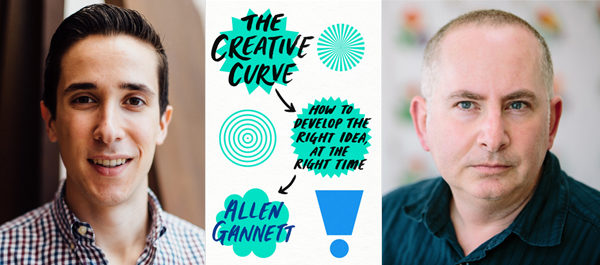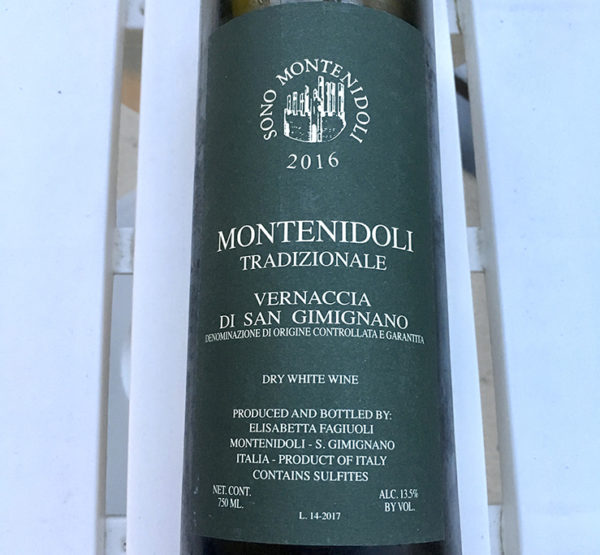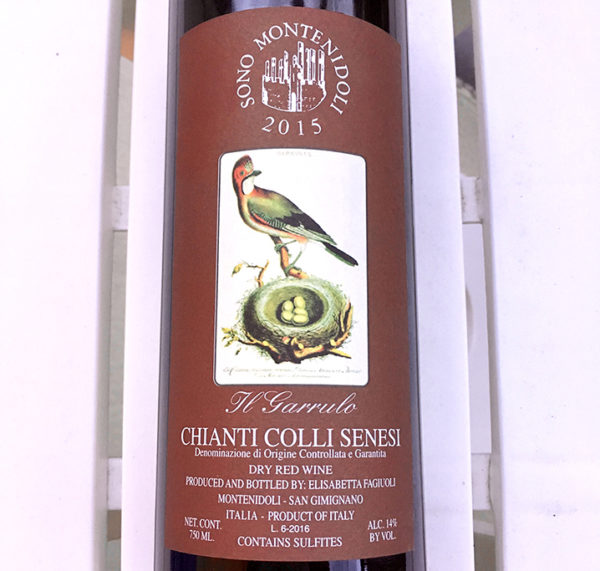
Question: I am interested in purchasing the condo I currently rent and my landlord is interested in selling, but that’s as far as we’ve gotten. Do we need an agent for the transaction? Is there anything unique about this type of transaction we should be aware of?
Answer: The sale of a rental property to a tenant is usually a dream scenario for both parties, each realizing financial benefits and simplifying an often-difficult process. The transaction reflects a normal sale except that the buyer and seller have a direct relationship which usually is not the case. Thus the question — should you use an agent?
I’m going to take a wild guess and assume most of you reading this are thinking “No way! If you don’t need somebody to open a door, you don’t need an agent.”
Yes, part of an agent’s role in a sale between tenant and landlord is not necessary — the buyer doesn’t need help defining criteria or accessing properties and the seller doesn’t need help preparing the property for market and marketing it. Yes, two parties can enter into a contract to sell property without an agent and just hire a title attorney to handle the legal transfer.
However, I would encourage you to consider some questions/scenarios when you’re deciding whether or not to use an agent for the direct sale of a rental to a tenant:
Market Value
This is the most obvious and common request for an agent to be involved in a direct rental sale. Are both parties comfortable discussing what they believe fair market value is and negotiating the right price? Some people are perfectly comfortable with these conversations, while others would rather it be handled by a 3rd party.
Contract & Transactional Support
Our contracts are the result of decades of transaction history. They exist to provide protections to both buyer and seller and define rules in the event something doesn’t go as planned. You should consider whether or not you want the services of a professional to set-up the contracts in a way that protects your interests.
Think of this as an insurance policy on the transaction — if everything goes perfectly, a simple contract works just fine, but as soon as something (or somebody) derails, you want the right contract language in place and somebody to advise on best practices.
Representation
In Virginia, you have the option of each party being individually represented, whereby the agent has fiduciary responsibility to represent the sole interests of the party they work for or an agent can act as a Dual Representative, whereby the agent acts more like an unbiased facilitator/mediator of the transaction.
It is also worth noting that while one party may seek representation, the other party may choose to be unrepresented.
Commission/Payment
In a traditional home sale, the seller pays the commission of their agent and the agent who represents the buyer. However, in a direct rental sale, it’s my opinion that this is much more negotiable and ultimately gets built into the structure of the deal.
For example, if the seller chooses to be unrepresented and the buyer chooses to hire an agent, the buyer should bear the cost of said representation directly or within the terms of the deal.
It is also worth noting that, like any professional service, the cost of the representation is negotiated between the hiring party/parties and the agent.
Rental Agreement
Landlords and tenants should review the terms of the agreements they signed, if applicable, with the agent they used when they rented the subject property.
There are terms in many agreements that require a commission payment to the previous agent/broker if the property is sold during the tenancy. If you’ve already agreed to pay a commission in the event of a sale, you might as well utilize their services in the deal as well.
There is not one set answer to whether you should use an agent for your direct rental sale, but it’s important for both parties to understand their options for representation and what they are giving up or gaining by their decision. A direct sale changes the role an agent plays in a transaction, but it doesn’t eliminate it. In many cases, the negotiation and contract-to-close services are the most important role an agent will play.
If you’d like a question answered in my weekly column, please send an email to [email protected]. To read any of my older posts, visit the blog section of my website at www.EliResidential.com. Call me directly at (703) 539-2529.
Eli Tucker is a licensed Realtor in Virginia, Washington DC, and Maryland with Real Living At Home, 2420 Wilson Blvd #101 Arlington, VA 22201, (202) 518-8781.



















